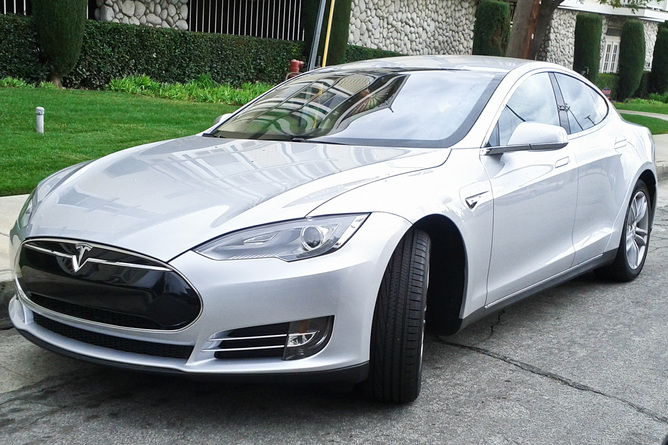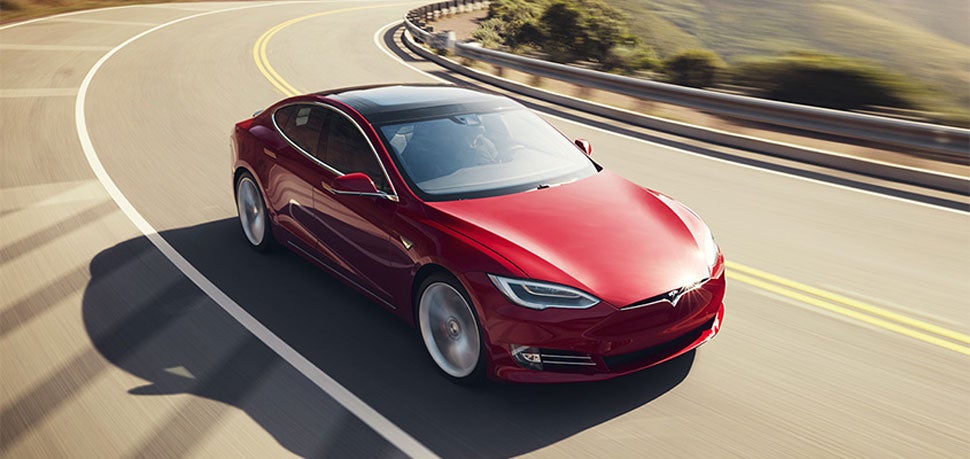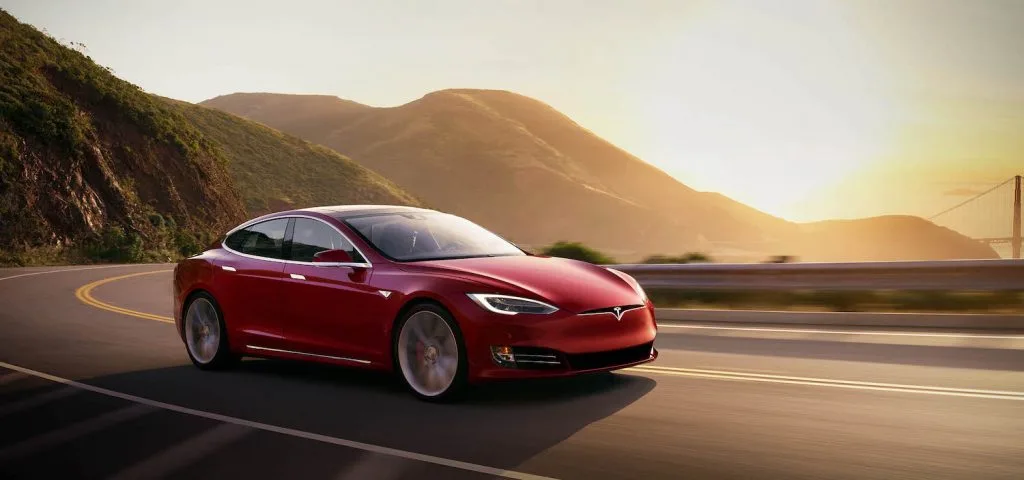Does mileage matter on a Tesla? This article will significantly help you if you are one of the people who often ask this question. For most individuals, purchasing a new automobile is often a considerable cost. The price of future maintenance must get taken into account after the purchase. Purchasing a brand-new Tesla is still a somewhat pricey endeavor, even when you can take advantage of government financial advantages and subsidies.
This is true, particularly if you desire the long-range capabilities and other extras that significantly distinguish this brand. Due to this, many people are choosing to buy a pre-owned Tesla rather than take the devaluation hit. Teslas are well-liked but expensive electric cars, with a basic Model S beginning at around $82,000 in 2021.
Nevertheless, owning a Tesla might be economical because there is no need for petrol or oil maintenance. Regarding the mileage, one should be most concerned. Come along as we highlight this.
Does Mileage Matter on a Tesla?

We’ll start by considering this query, representing a generally held belief among EV drivers. The fundamental assumption is that an electric automobile does not experience the same structural degradation as a conventional diesel-powered engine. Because of this, the mileage as we know it as a criterion for purchasing secondhand automobiles may no longer be applicable.
When you consider it, it makes logic. How many miles are on the odometer is essential when purchasing a gasoline-powered vehicle. This is true since it is a reliable measure of how many miles the automobile has traveled. And hence, it is probable that wear and tear may cause problems.
This is why dealers of ordinary gasoline vehicles are eager to note in any advertising or their sales pitch that “this automobile has just had service to fix A, B, and C.” Its brand-new FS got installed just last week, and parts D and E just got changed.
Teslas operate without mechanical wear and tear and on totally different principles. Therefore, in the opinion of some, without the same worry about mileage. The battery, at the core of Tesla’s functioning, is the subject of a counterargument to this viewpoint.
Electric vehicles have a built-in advantage over internal combustion vehicles in terms of operating expenses. While certain parts, like tires and brakes, need to be changed, the frequency of maintenance requirements is far lower. After all, oil changes are not necessary for electric automobiles. More affordable than fuel or diesel is electricity.
How many miles on a Tesla are too much?

A new query arises when stepping into the used Tesla market. The question is: How many kilometers must be driven before you draw the line and declare that this Tesla is a little “used”?
A vehicle will last for around 200,000 kilometers on average. The average car’s limit is generally accepted to be this number, even though several automaker brands brag about defying it. However, things might not be the same regarding electric automobiles.
How many distances can a Tesla battery support?

The replacement costs are unclear since most Tesla cars have not yet required battery upgrades. A new Model 3 battery component, according to Elon Musk, would cost around $5,000 and $7,000. However, this is not the complete battery pack. The Model S and Model X EV vehicles contain up to 16 battery components in a battery system, compared to the Tesla Model 3’s four.
The guarantee for Tesla automobile batteries lasts for eight years or 120,000 to 150,000 km, whichever comes first. Vehicles from Tesla Model 3 and Model Y are insured for up to 120,000 kilometers (or eight years). Furthermore, the Model S and Model X, on the other hand, are protected for up to 150,000 miles (or eight years). Over either 8 years or 150,000 miles, the cell should function well.
A Tesla Model 3 user who had driven 100,000 miles in only two years was interviewed by Electrek in 2019. If he hadn’t done stuff like drive across a stream or smash a door in solid winds, his regular upkeep at that period would have just included tire changes.
His maximum range allegedly shrunk by roughly 2.5%. He primarily used DC rapidly, which hastens the deterioration of batteries. However, his price almost ever fluctuated between 10% and 60%.
Frequently Asked Questions
How many miles can a Tesla vehicle travel?
CEO Elon Musk has set some lofty standards regarding the dependability of Tesla’s automobiles. According to Musk, the Model 3 was intended to last as long as a company vehicle. The battery components should last around 300,000 and 500,000, adding up to a million kilometers.
What Tesla mileage qualifies as high?
Three Teslas were tested, and it gets discovered that once the range gauge reached zero miles, they could continue to travel at 65 mph for around 10 to 20 miles. That is what a buffer is. Furthermore, when it runs low, your Tesla won’t be able to keep up a consistent interstate pace.
Do Teslas have a mileage limit?
Yes. A Tesla will deteriorate faster the more kilometers it travels.
Are a Tesla’s 100,000 kilometers bad?
One hundred thousand miles on a Tesla could get compared to 15,000 to 20,000 miles on an ICE vehicle. A Tesla’s electric propulsion alters numerous dynamics. This also applies to braking, that’s not often done. Additionally, you mostly depress the pedal, which prolongs tire life.
Does an electric car’s high mileage matter?
Yes, an electric automobile’s mileage is significant but less so than it would be for a conventional gas-powered car. Fewer miles vehicles are still “fresh” but still usable since mileage measures how much the vehicle has been driven. When driven more often, an automobile’s interior elements experience more wear and tear.
What is the price of a Tesla battery replacement?
The price to replace a Tesla battery differs based on the work and supplies required. The standard price for a Tesla battery change is between $13,000 and $14,000. A new Tesla battery for the high-end Model S vehicle costs between $13,000 and $20,000.
Do Teslas require oil changes?
Tesla vehicles don’t need standard maintenance like oil changes, lubrication systems, spark plug refills, or pollution tests like gasoline vehicles. Because energy recovery transfers energy to the batteries, considerably minimizing brake degradation, even brake pad changes are uncommon in electric automobiles.
Conclusion
In conclusion, teslas come with numerous merits. On the other hand, mileage does matter on an electric car though not as much as on a traditional gas-powered vehicle.

James Carter is an automotive blogger, reviewer, and technology enthusiast based in the USA. With a deep passion for cars and years of experience following the automotive industry, James focuses on delivering honest, well-researched content that helps readers make smarter decisions.

